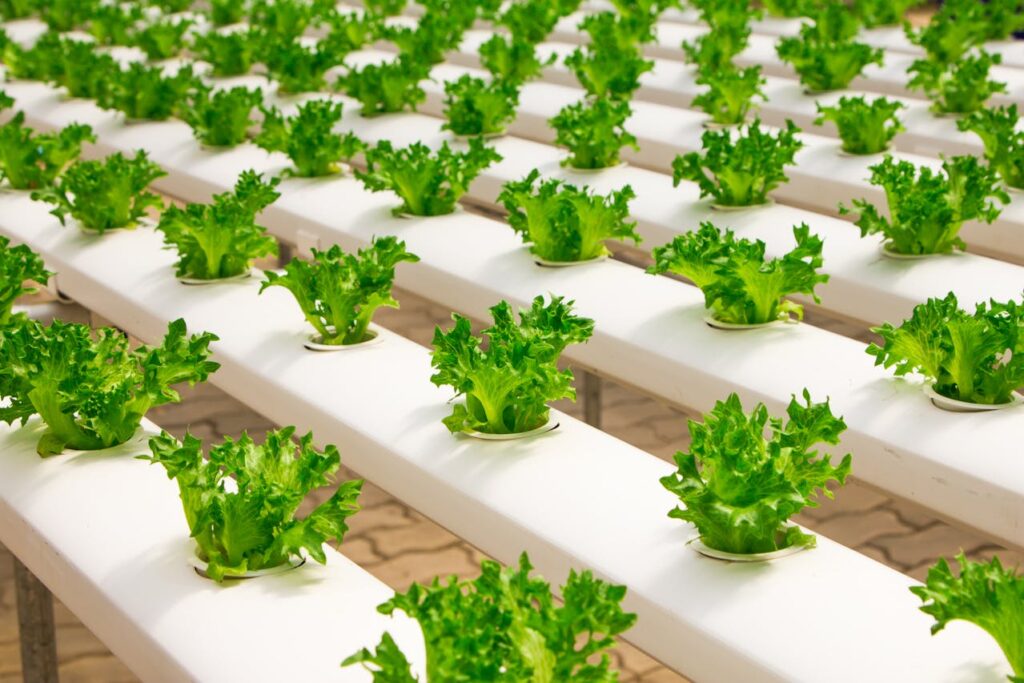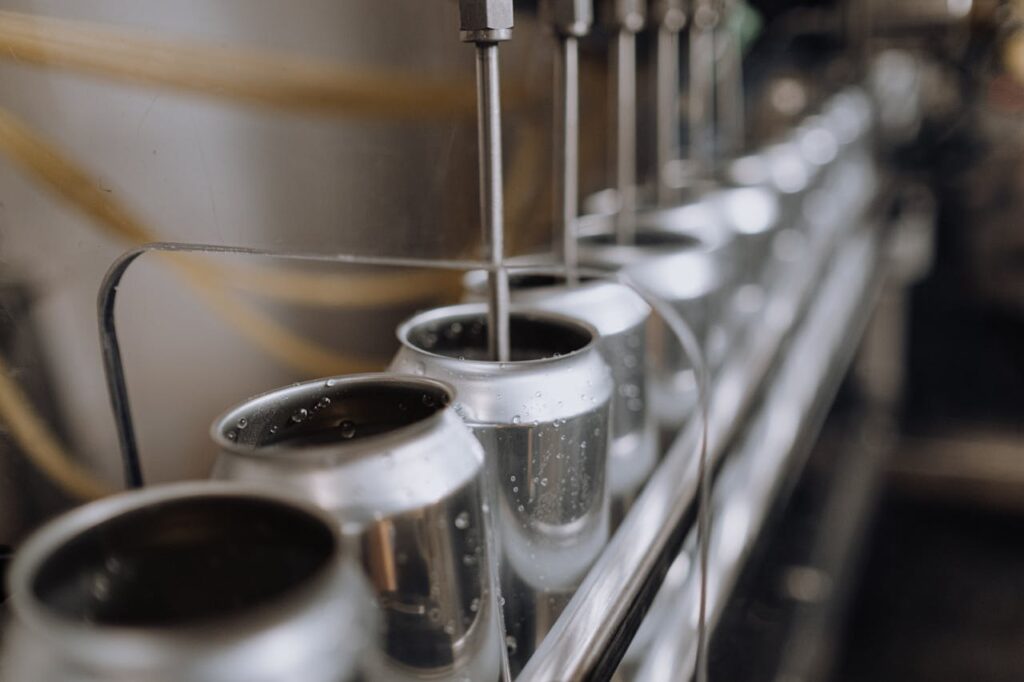Welcome to the Rocky Mountain Institute of Food Technologists
IFT Regional Sections are the local chapters of IFT. Participation in a Regional Section provides up-to-date scientific information, along with an excellent opportunity to network, further your career and be actively involved in the food technology community. RMIFT is one of 53 Regional Sections of the Institute of Food Technologists, a non-profit, professional, educational association that promotes the application of science and engineering to the creation, production, processing, packaging, distribution, and utilization of food products. In addition, RMIFT supports students the scholarship and travel grant programs through sponsorships and support from food industry companies. RMIFT includes the 80000-81699 ZIP codes.
RMIFT is seeking volunteers to fill Chair-Elect, Secretary, and Treasurer positions!
Please see our volunteer page for more information.




